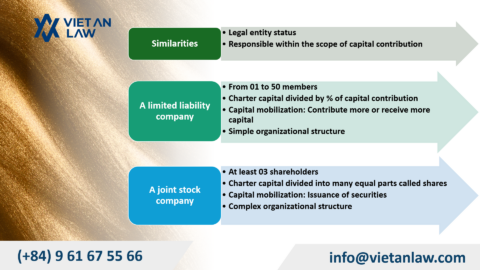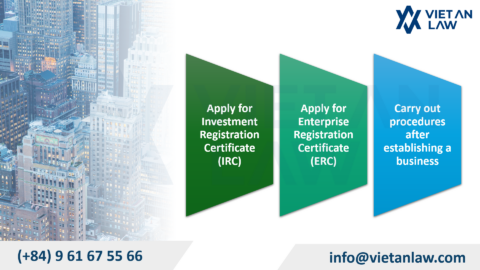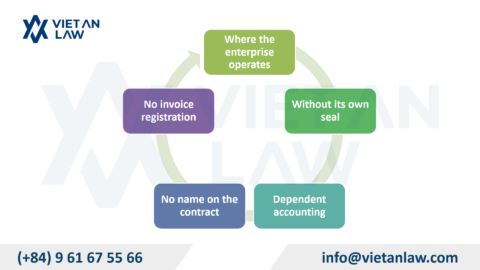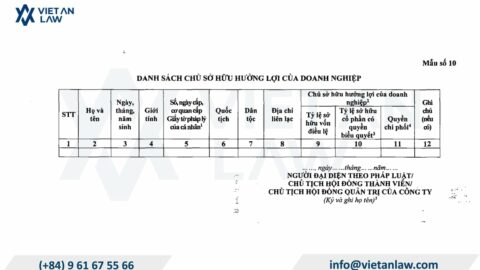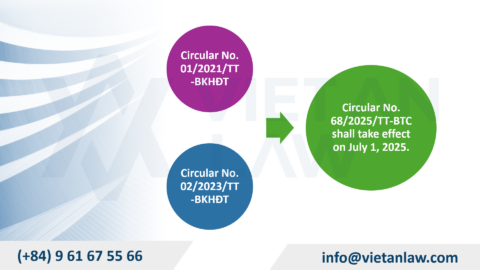Austria, the heart of Europe, is not only famous for its stunning scenery and rich cultural heritage, but it is also an attractive destination for international investors. Setting up a company in Austria offers many strategic advantages, including economic and political stability, a central geographical location that connects major markets, a highly skilled workforce, and a friendly business environment. However, to ensure a successful business establishment and operation, investors need to pay attention to a number of important factors. Viet An Law would like to provide information to customers through the article below.
Table of contents
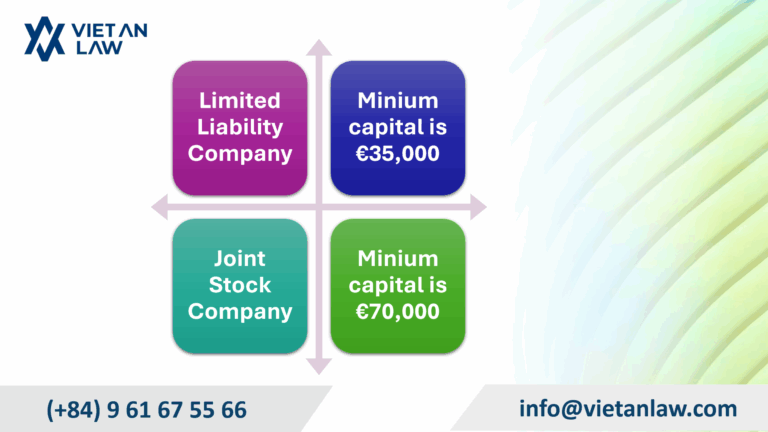
The minimum charter capital requirement when establishing a company, whether a GmbH or AG in Austria, is not only a mere legal regulation, but also an essential measure set out for many important reasons, in order to ensure the stability and transparency of the business environment.
First of all, this capital level acts as an initial financial “buffer”, protecting the interests of business partners and creditors. It ensures that the company has a certain financial resource to launch operations and is capable of meeting its basic financial obligations. This helps minimize risks for third parties when engaging in transactions with businesses.
Secondly, the fact that the founders have to contribute a certain amount of capital shows their seriousness and commitment to the business project. It is an indication that they have invested their personal finances in the company, thereby creating responsibility and motivation for the business to operate effectively. At the same time, this also helps prevent the formation of “ghost” companies that only exist on paper without real financial capacity.
Third, the minimum charter capital helps ensure the initial sustainability of the business, providing resources to cover startup costs and supporting operations in the early stages before the company achieves stable revenue.
In addition, meeting the requirements for charter capital also contributes to building trust and prestige for businesses in the eyes of partners, customers and financial institutions, demonstrating a certain level of initial financial capacity.
Finally, the minimum charter capital varies between types of companies (e.g., GmbH and AG) often reflects their level of responsibility and expected size of operations, which is consistent with the nature and growth potential of each type of business.
One of the points that investors should pay special attention to is that there is no need to apply for an investment license applicable to all foreign investment activities. Unlike some other legal systems, where investors may have to go through a separate licensing process to be allowed to make investments in that country, Austria focuses primarily on complying with the legal regulations on business formation and licensing requirements specific to the business sector. This This means that instead of applying for an “investment license”, investors need to focus on the following legal and administrative aspects:
